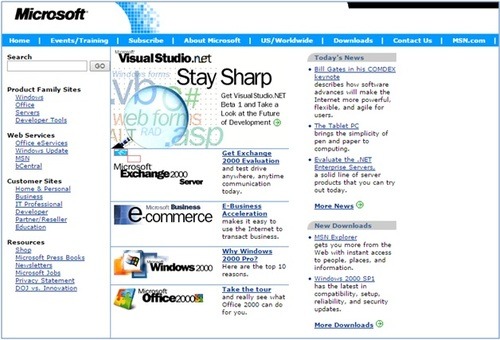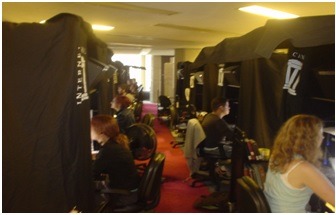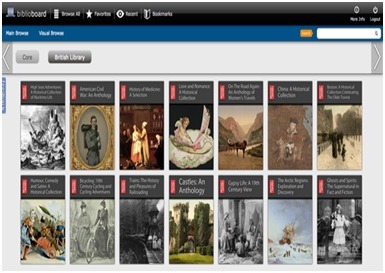Librarian Entrepreneur—Oxymoron?
Recently I was invited to speak at the University of Pittsburgh iSchool’s TEC Conference. “TEC” stands for “Technology. Entrepreneurship. Creativity.” My presentation, entitled “Librarian Entrepreneur—Oxymoron?” was a fun opportunity not only to discuss my experience co-founding Plum Analytics, but also to look back further to my start at the University of Washington iSchool and subsequent projects and products along the way.
I started by talking about my involvement in a couple of start-ups while getting my MLS degree during what became the dot com bubble. I received my degree in June 2000 just 2 months after the bubble burst and the
investment dollars dried up. One of the start-ups I was involved with didn’t
receive the expected round of funding money so didn’t get off the ground at all;
the other went out of business in the 30-day period between the time I
completed the website taxonomy project I worked on and when I was to be paid. I
at least got to keep the branded pen!
Putting my start-up dreams on hold, I was hired by the late
Lee Dirks to work in the Microsoft corporate library as Collections Management
Librarian. Working for Linda Shaw for the succeeding five years, I helped
manage the print and electronic collections at a time when the industry was
undergoing really interesting change including: scholarly publishing moving to
online access; new ways to collect, manage, and measure electronic resources;
and the birth of ebooks. In my talk I showed what the Microsoft home page
looked like on the week I started working there (h/t Wayback Machine):

After Google announced the plans to digitize books from 5 of
the largest libraries in the world at the end of 2004 and launched Google
Scholar a year later, Thiru Anandanpillai, a Product Planner at Microsoft, set
in motion plans for Microsoft to compete with these products. Because of my
experience working with scholarly publishers, Thiru reached out to me for help
in understanding the landscape. A few months later I joined as the third member
and only librarian to the just-formed team. We launched Microsoft Academic
Search in 2006 and moved quickly to set up the scanning of books from
publishers as well as important libraries such as the University of California
System, the University of Toronto, and the British Library. This was my first “intrepreneurship”
and it was an incredibly fun and exciting time. Unfortunately Microsoft
abandoned the effort in May 2008. Seeing the writing on the wall, I left eleven
months beforehand, but I am still reminded of that time when I see the
continued scanning efforts at the University of Toronto using the 13 scanners that Microsoft donated:

Those scans, which are free from copyright restrictions,
still flow to the Internet Archive and Hathi Trust.

And the British Library launched their 19th
Century Collection which was the result of the scanning set up there at that
time:

In 2009 Lee Dirks and Alex Wade revived Academic Search
under the banner of Microsoft Research where they showcased some innovative
clustering and author disambiguation features.
My second “intrepreneurship” started in 2008 when John Law
tapped me as the Product Manager for what became the Summon Discovery Service.
This was another exciting time building a new product from scratch with a great
team. It was here that I met Andrea Michalek, who was the Director of Technology
for Summon. Andrea and I left ProQuest in the last half of 2011 and we were interested in exploring the “entrepreneur” path next.
After we came up with the idea for Plum Analytics and
gathered feedback from some well-respected librarians at the ALA Midwinter
Conference in Dallas, Andrea and I founded Plum Analytics in January 2012. At the TEC conference I talked about how we came up with
the name and logo for the company as well as building and selling the PlumX product that ultimately resulted in the acquisition of Plum Analytics by EBSCO in January 2014. I also walked through what we used to pitch potential funders to illustrate what investors are looking for in evaluating a start-up.
Many thanks to Mike Depew, the i3 Project Director at the
iSchool, and Sheila Corral, the Chair of the Library and Information Science
Program, for inviting me and hosting the event.